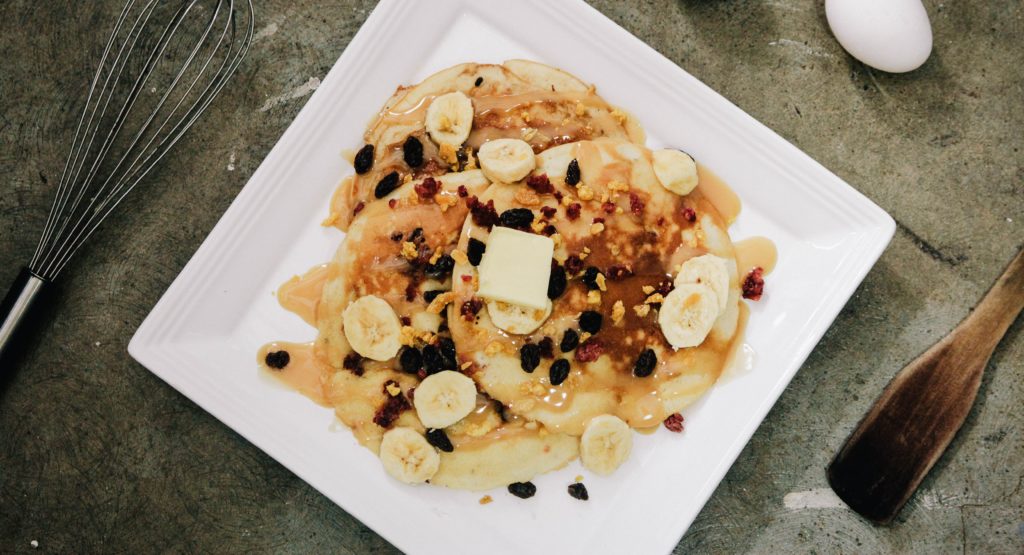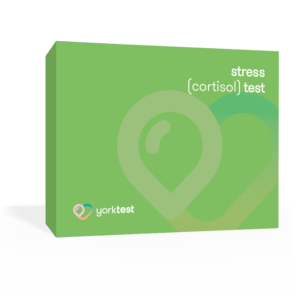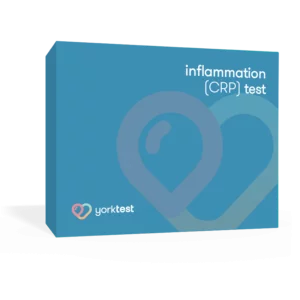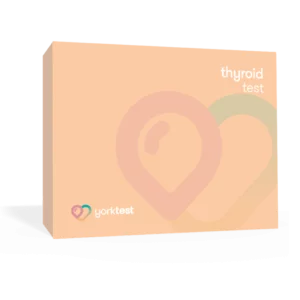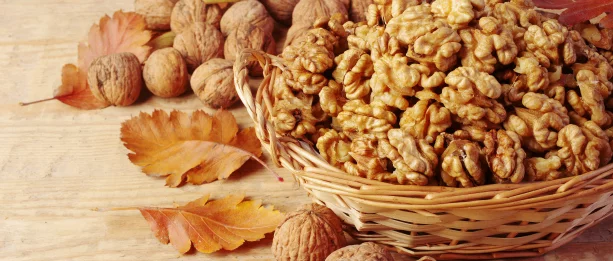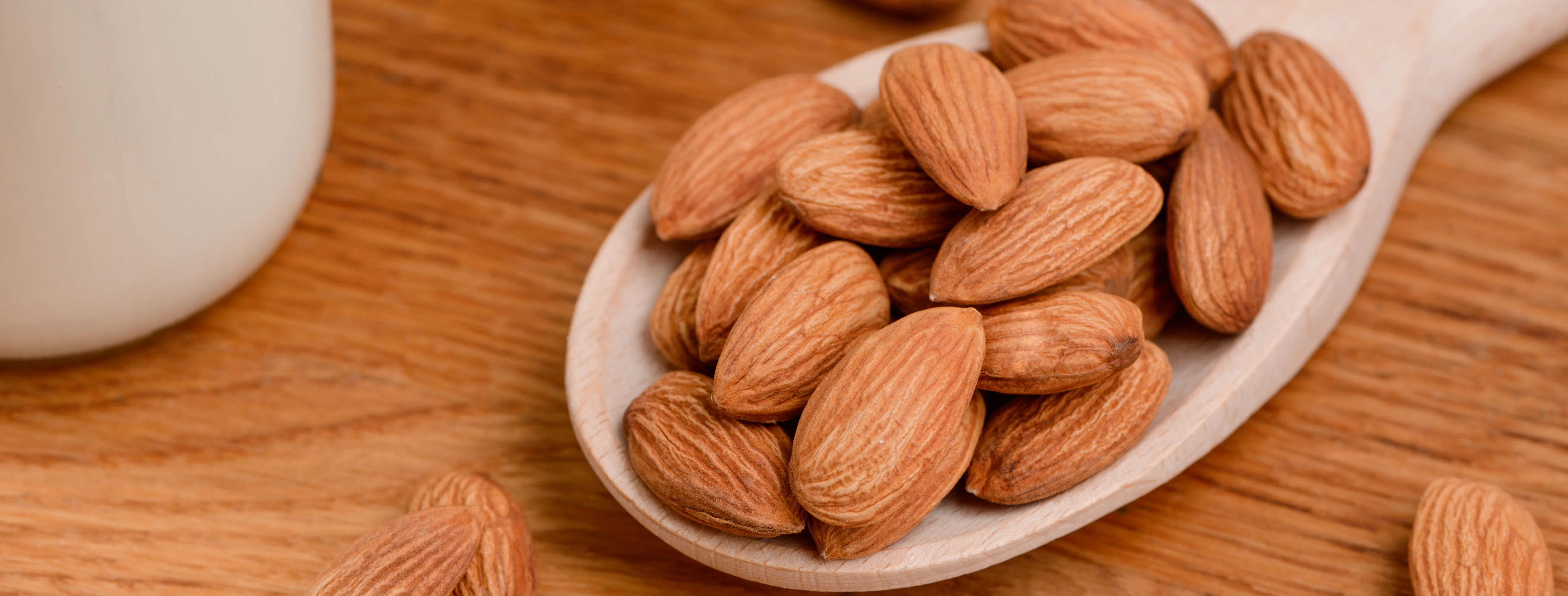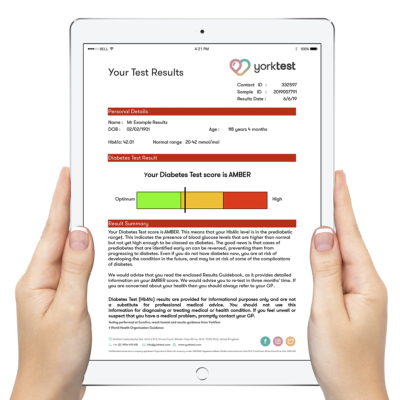What are gluten-free pancakes?
Pancakes are one of America’s favourite breakfast foods, but if you follow a gluten-free diet due to a wheat intolerance then traditional pancakes won’t leave you with a happy tummy.
If you’ve eaten pancakes and experienced symptoms of a food intolerance†such as gas, bloating, diarrhoea, fatigue or constipation, it’s possible that you might be one of the many people who are gluten intolerant.
Fortunately, it is easy to make your own wheat-free pancakes by following this recipe from Caroline Oldham, the founder of allergy-friendly restaurant app, Biteappy. They’re better for you than traditional pancakes, too!
How to make your gluten-free pancake mix
The ingredients you will need to make Caroline’s healthy pancakes are:
- Two eggs
- One tablespoon of gluten-free baking powder
- One teaspoon of white sugar
- 30g of dairy-free butter
- 300ml of oat milk
- 225g of gluten-free plain flour
Then just follow these easy steps:
- Separate the egg whites from the yolks
- Add the milk, flour, baking powder and sugar to the yolks and beat to form a batter
- Whisk the egg whites until they form stiff peaks, then fold the batter in with a large spoon
- Place the pan on medium heat and ladle the mixture into the pan, cooking for a few minutes on each side, until golden brown
- Serve with the toppings of your choice!
Gluten-free pancake toppings
As well as being gluten-free, Caroline’s pancakes use dairy-free substitutes for milk and butter, making them even lower in cholesterol.
To keep your pancakes as nutritious as possible, choose some superfoods to put on top of them. Blueberries are a great source of fibre, vitamin C and vitamin K and pomegranate seeds are a colourful, vitamin-rich alternative.
For a sweet topping, maple syrup is high in iron, calcium, zinc and potassium, while honey is a good choice if you want to top up your vitamin B6 and vitamin C.
Further reading
Gluten intolerance – An intolerance to gluten can be a very unpleasant experience. This advice page holds information about which foods contain gluten and what replacements you can have in order to maintain a balanced diet.
Testimonials – You can also read our case studies for a first-hand account of symptoms like bloating.
Help and support
If you have experienced any of the symptoms of gluten intolerance, you must visit your GP. This is important as coeliac disease is a serious condition.
You can call us our free phone number 0800 074 6185 for advice and information on our nutritional testing services.
†yorktest define food intolerance as a food-specific IgG reaction
yorktest recommend that you discuss any medical concerns you have with a GP before undertaking a yorktest programme


